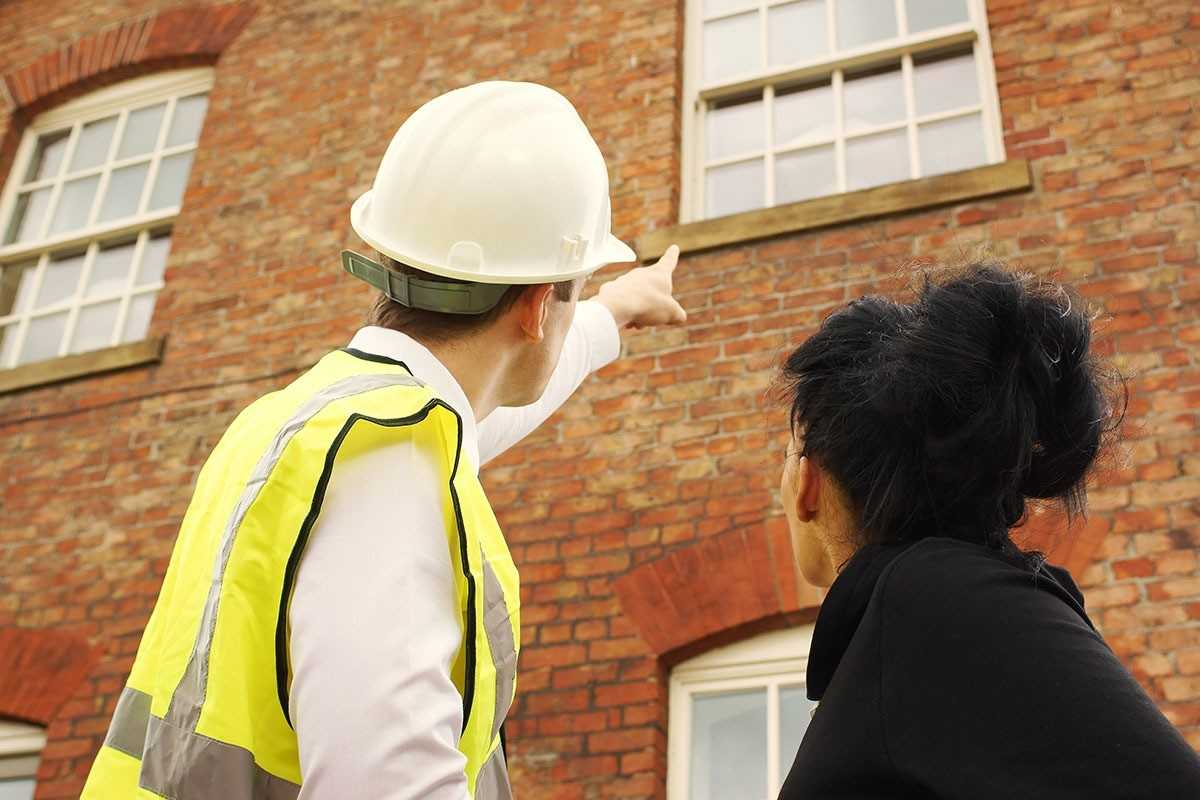Amidst the buoyant property market and talk of stamp duty deadlines, it can be easy to forget that, from 1 March, there is a new RICS Home Survey Standard, which will improve the accessibility and quality of information that homebuyers receive when they commission a survey.
The launch of the Home Survey Standard should encourage more buyers to have more confidence as to the value of the survey and its introduction marks a turning point in terms of engagement and accountability. The standard puts more responsibility on a surveyor to be clearer about their observations and recommendations, and it puts greater emphasis on a homebuyer taking the most appropriate survey for their property.
Where the instructions to carry out a survey have been received from a third party, such a lender or a panel manager, for example, it is stated that a RICS member or regulated firm should satisfy themselves that the instruction is best suited to both the property and the needs of the client. Where the RICS member finds the instruction is not suitable, the client should be given the reasons why and advised on the appropriate level of service.
Increasingly lenders are turning to automated valuations based on statistical trends as a way of cutting costs and so often in these transactions no surveyor enters the building to inspect the actual condition of the property. In this situation, whose responsibility is it to ensure that the buyer has fully considered the undertaking that they are entering?
Anecdotally, we have already heard of mortgage lenders contacting applicants directly to check whether they are comfortable to proceed without a professional inspection of the property, which would indicate they already have some concerns about the potential for complaints in the future.
So, where does this leave a mortgage adviser? If a client engages you to give advice on how to finance a home purchase, will you also be accountable for other financial considerations, such as whether the property has potentially expensive defects?
At this stage we don’t know how the narrative will play out, but it would be sensible to adopt a cautious approach. An easy way to do this is to partner with a surveyor who can have this conversation with a client on your behalf. On a practical level, this will mean reviewing your terms of engagement to ensure your clients have provided consent to be contacted by third parties and putting the processes in place to facilitate those conversations.
A well-managed and well-communicated survey can actually help to hold a deal together, showing that there is nothing to hide when it comes to the condition of the property. Brokers are in a good position to discuss this early in the process and if it’s not discussed early it can be picked up by conveyancers at the point of exchange, which can lead to delays of weeks at a crucial stage of a transaction.
So, with the arrival of the new Home Survey Standard think about what responsibilities you have to your clients, and what steps you can take to protect their financial wellbeing when they buy a home.


